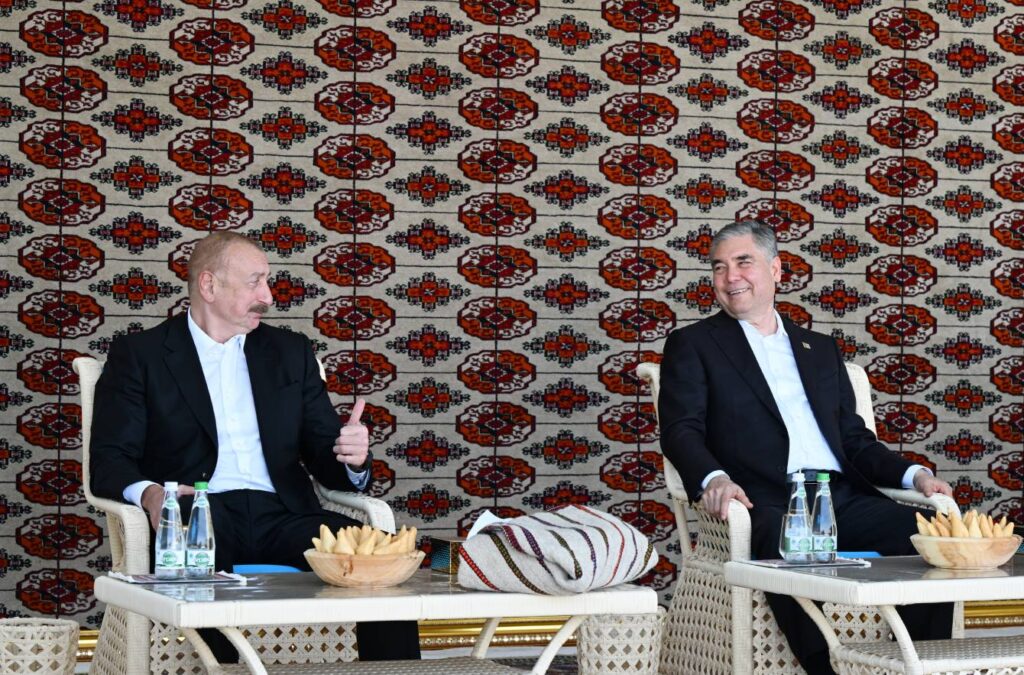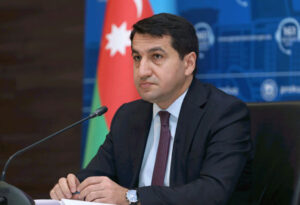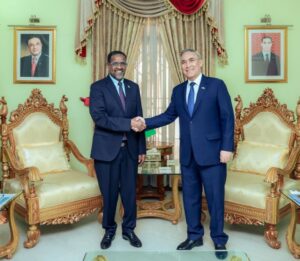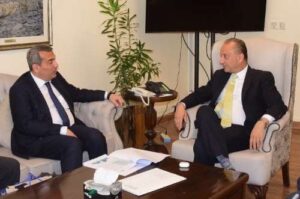Turkmenistan to Gift Mosque to Fuzuli

In a powerful gesture of cultural solidarity and regional friendship, Turkmenistan has announced the construction of a mosque in the Azerbaijani city of Fuzuli. The announcement was made by President Ilham Aliyev during a press conference following a high-level trilateral summit between Turkmenistan, Azerbaijan, and Uzbekistan in Turkmenbashi.
“While in Fuzuli, Gurbanguly Malikgulyyevich proposed the construction of a mosque as a gift from Turkmenistan. I accepted this proposal with gratitude,” President Aliyev stated. “Although only a month has passed, the architectural design of the mosque is already prepared, and its foundation will be laid in the near future.”
The mosque, designed by Azerbaijani architects in collaboration with an Italian firm, will feature geometric patterns inspired by the ancient mosques of Shusha, reflecting a blend of tradition and modernity.
This initiative coincides with the formalization of sister city relations between Fuzuli and Arkadag, a newly built city in Turkmenistan. According to President Aliyev, this partnership opens new avenues for cultural and humanitarian cooperation, reinforcing the shared values and historical ties between the two nations.
“Based on the cultural and historical proximity of our peoples, shared values, and strategic interests, we are opening a new chapter in the history of cooperation between three friendly and fraternal states: Azerbaijan, Uzbekistan, and Turkmenistan,” Aliyev emphasized.
The summit also highlighted the growing momentum in Azerbaijan–Turkmenistan relations, with both sides expressing commitment to expanding collaboration across all sectors.
Interestingly, President Aliyev’s remarks echoed a sentiment he had previously expressed in 2019 regarding Turkiye, stating:
“From now on, the two brotherly countries – Turkiye and Turkmenistan – will continue to move forward shoulder to shoulder.”
As regional dynamics evolve, such symbolic and strategic gestures—like the mosque in Fuzuli—serve not only as architectural landmarks but also as enduring testaments to unity, faith, and shared destiny among Turkic nations.


